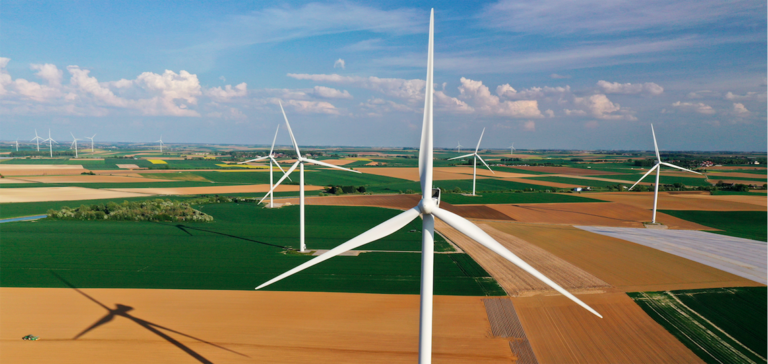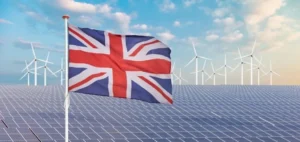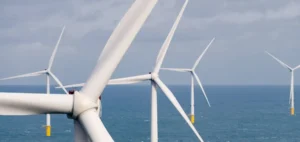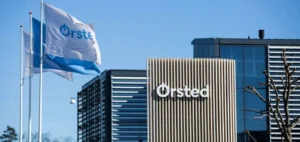France is lagging behind on its wind power targets, and its aspirations for offshore wind farms appear compromised as things stand, according to a report published Monday by the French Cour des Comptes. The court points the finger at “ambitious” but “unfulfilled” targets for the development of wind-generated electricity, an energy policy whose “conditions of implementation” and “results” it has analyzed since 2017.
France has set ambitious wind energy targets as part of its transition to cleaner energy sources. However, an alarming report by the Cour des Comptes (French Audit Office) highlights the considerable delay in achieving these objectives. This delay raises questions about the country’s ability to meet its commitments to wind power development, particularly with regard to offshore wind farms.
Obstacles to wind power development in France
In its report, the Cour des Comptes (CDC) takes into account “certain responses” provided by the Renewable Energies Acceleration Act promulgated last March, which “seeks to remedy” these obstacles and “makes the simplification of procedures a priority”. For CDC, France’s difficulty in meeting its targets “is mainly due to the obstacles that stand in the way of wind power development”.
One of the main obstacles identified by the Court is regulation. France suffers from regulatory constraints that limit the land available for wind power projects to just 20% of the country. What’s more, the average time it takes to obtain planning permission for wind farms is seven years on land and ten years at sea, sometimes almost twice as long as in neighboring countries.
The Cour des Comptes points out that, despite efforts to simplify procedures under the AER law, the “acceleration zones” set up do not always guarantee consistency with the objectives of the Multiannual Energy Program.
The challenges of offshore wind power in France
One of the areas of greatest concern is offshore wind power. The CDC recommends that the French government “structure the management and deployment of offshore wind farms”. The current procedure is described as “not very agile” and involves central administrations in a sequential manner, which slows down the development process considerably.
France has set ambitious targets for offshore wind farms, aiming to develop 50 farms by 2050. However, the Cour des Comptes report stresses that the current procedure cannot meet this challenge.
By the end of 2022, France had developed wind power capacity representing 20.9 GW, just 80% of the target set in the last PPE. We therefore need to step up our efforts to catch up.
Final analysis
The Cour des Comptes report highlights the challenges France faces in meeting its ambitious wind energy targets. Regulatory hurdles and construction delays for wind farms are major factors hampering the development of this renewable energy source.
Offshore wind power also represents a considerable challenge, with the need to structure the project management and deployment of offshore wind farms more efficiently. We need to simplify procedures to speed up the development of wind power in France.
France will have to face up to these challenges if it is to achieve its wind energy objectives, and this will require concerted action and simplification of procedures. The Cour des Comptes report highlights the importance of overcoming these obstacles to ensure a more sustainable energy future.






















